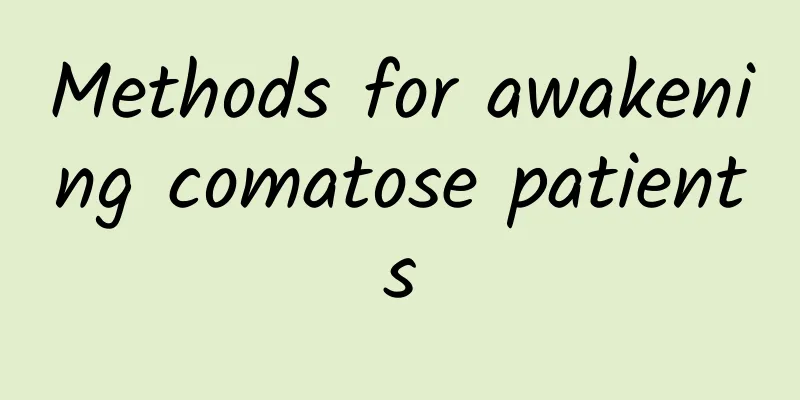Can fruit laxative tablets cure constipation?

|
Fruit laxative tablets are a relatively common medicine. Their main therapeutic effect is that they can play a very good therapeutic role in habitual and stubborn constipation. Generally speaking, after taking fruit laxative tablets, they can promote defecation. Of course, although the effect is very good, the side effects are also quite obvious. This medicine cannot be taken frequently, as it can easily cause intestinal colic, rash and other phenomena. Note: It is best to take it before bedtime, as taking it during the day will cause bowel movements at night and affect sleep. In addition, most of the drugs absorbed orally are excreted through urine. In alkaline urine, phenolphthalein turns red and will turn the urine red. Care should be taken to differentiate it from hematuria. It is forbidden for infants and should be used with caution in young children and pregnant women. Adverse Reactions 1. This product may cause discoloration if used with alkaline drugs such as sodium bicarbonate and magnesium oxide. 2. Continuous use may occasionally cause rash; allergic reactions, enteritis, dermatitis and bleeding tendency may also occur. 3 Intestinal colic may occur occasionally, but less common than with other stimulant laxatives. 4 May occasionally cause allergic dermatitis, and there have been reports of severe allergic reactions. 5 There have been reports of occasional non-thrombocytopenic purpura. 6. Combination with alkaline drugs such as sodium hydroxide will cause discoloration. 7 Not for use on infants; use with caution in young children and pregnant women. 8 Long-term use of fruit laxatives can lead to the loss of nutrients, causing complications such as anemia, water and electrolyte imbalance, low body weight, decreased resistance, and malnutrition. Young women should not use fruit laxatives to lose weight casually, because long-term use of fruit laxatives can cause endocrine dysfunction and even affect women's reproductive function, leading to infertility. In addition, long-term use of fruit laxatives can cause drug irritation to the gastric mucosa, leading to inflammation of the gastric mucosa, and even erosion and bleeding. Even though fruit laxatives can moisten the intestines and promote bowel movements, they can also cause damage to the intestinal mucosa, especially if used for a long time. When the intestinal mucosa is damaged, the ability to absorb nutrients will decrease; and long-term diarrhea caused by long-term use of fruit laxatives will also cause the loss of electrolyte components and trace elements such as potassium ions, calcium ions and iron ions. If this continues for a long time, it will inevitably lead to lack of energy and fatigue. In addition, long-term use of fruit laxatives can also lead to intestinal dysfunction, and there are many such cases in clinical practice. Allergic reactions caused by phenolphthalein are rare in clinical practice, but may occasionally cause dermatitis, drug rash, itching, burning pain, enteritis, bleeding tendency, etc. |
<<: Can eating walnuts cure gray hair?
>>: Can Fengyoujing cure prickly heat?
Recommend
What causes stomach pain and burping? Causes of disease in different parts
If you have stomach pain and frequent hiccups, do...
How to lengthen short nipples of pregnant women
We all know that two or three days after giving b...
Remedies for One-Sided Chewing
I wonder if you have ever observed yourself and t...
Why can't you eat eggs when you have a fever?
There is a folk rumor that you cannot eat eggs wh...
Hip Dysplasia Symptoms
Decades ago, people's living standards were g...
How to eat lantern grass
Lantern grass is a common Chinese medicinal mater...
What disease causes bloating, nausea and hiccups?
Although bloating, nausea and hiccups are not ser...
How to relieve breast engorgement and pain
For women who are breastfeeding, breast tendernes...
Why do tonsil stones occur?
It is well known that tonsils are a type of nodul...
What are the effects and functions of Cordyceps sinensis
Many people have heard of Cordyceps, but few peop...
What foods should not be eaten when suffering from myocardial ischemia?
Myocardial ischemia is a disease with a relativel...
Things to note when having double eyelid surgery
Double eyelid surgery is the most common type of ...
Olive oil for stretch marks
For mothers, after giving birth, they will more o...
Precautions after anesthesia surgery
Many people will be given anesthesia during surge...
Summary of the benefits of health preservation
People who work with machinery know very well tha...









